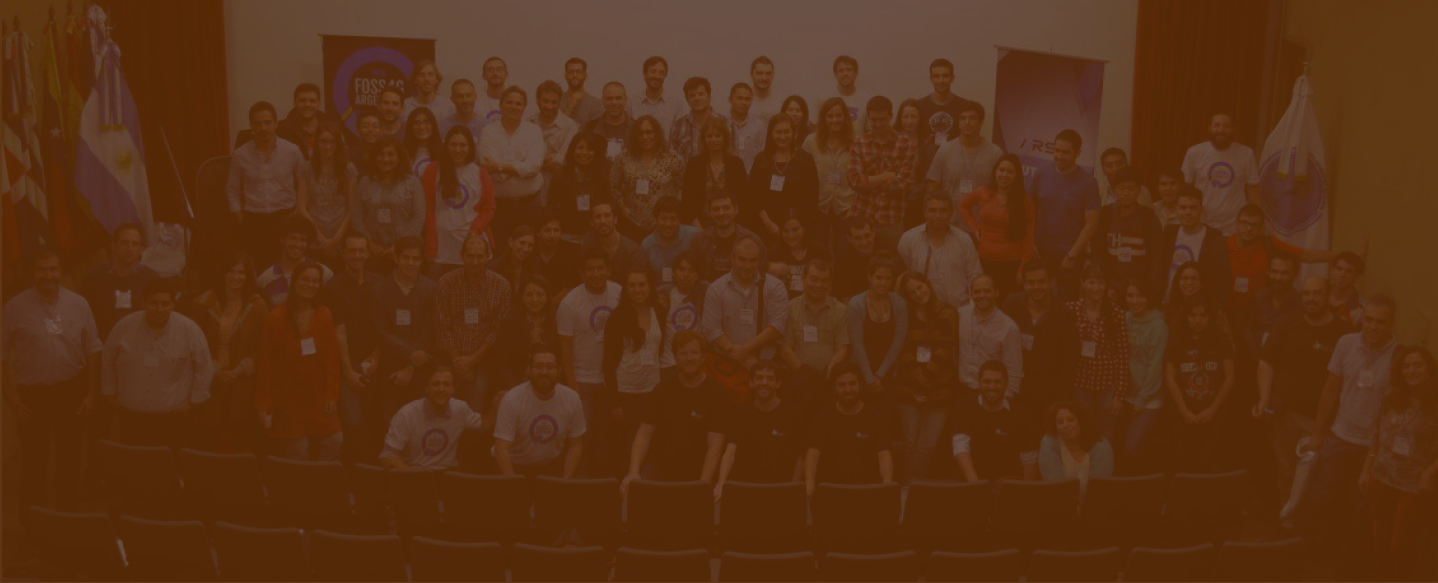Massimiliano Cannata
Massimiliano is professor of geomatics at the Institue of Earth Science, SUPSI, Switzerland.
https://wiki.osgeo.org/wiki/Massimiliano_Cannata
Sessions
Lakes ecosystems are exposed to growing threats due to climate change and other anthropic pressures. For example, water warming is predicted to favour harmful algal blooms (HABs) that are toxic to peoples and animals. In addition, warming tends to increase the thermal stratification of lakes and reduce turnovers, which can lead to oxygen depletion in deep layers and release of toxic gases (methane, hydrogen sulphide) from sediments. Similarly, the increased use of plastics has produced nano- and micro-plastics pollution which, together with anthropogenic micropollutants, is posing a new emerging risk factor to lake biota.
To effectively study and manage those issues, researchers and managers need monitoring data (observations) to derive effective data-driven management policies. Observations have traditionally been collected from limnological vessels through periodic (often monthly) monitoring campaigns, during which water samples are collected for further analyses in the laboratory and various measurements are performed using on-board instruments (e.g. CTD sonde measuring Conductivity, temperature and Depth or Secchi disk to observe turbidity). However, environmental issues including HABs and changes in lake stratification due to warming, call for a shift towards monitoring approaches that allows higher-frequency (e.g. hourly od daily) automatic collection of key water-quality properties (e.g. phytoplankton concentration, temperature, dissolved oxygen). Therefore, to match current challenges, leverage better phenomena understanding and activate proactive measures, monitoring systems have to be updated to provide a better temporal and spatial resolution. At the same time, this development should not increase the costs of monitoring, which are often a limiting factor in lake management.

